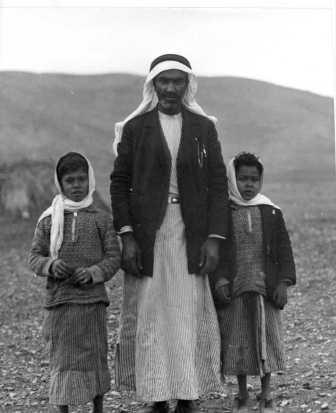On 6th of June, 1956, it was decided to turn a part of the Hula Lake into a nature reserve. The Hula became the first nature reserve in Israel, and the decision to found it is an historic landmark on the road to establishing a responsible environmental development policy.

In the centuries preceding the 20th century, the Hula Lake was perceived as an obstacle on the road to development. Its surrounding lands were not agriculturally viable, and the diseases in the area, especially malaria, stood in the way of the development of human settlement. In the middle of the century, the Bedouin G'uarna tribe settled in the area. The tribe was comprised mainly of Egyptian army deserters, runaway slaves, and outcasts from the indigenous Bedouin society, and they preferred the remoteness of the area. They made a living mainly from fishing, herding buffalo, and weaving papyrus. They resided in the Hula until 1948. After the War of Independence they were resettled at the foot of the Arbel Mountain.
Despite of the difficult terrain, the area attracted Zionist settlers from as earlyas the end of the 19th century. Yesod Hamaala was founded in 1883, and in its early years waged a difficult war against malaria. In 1934 the kibbutz Hulata was founded, and a bitter rivalry began between the two Jewish settlements regarding fishing rights in the lake, that sometimes escaladed into violence. The rivalry lasted until the drying of the lake brought on a forced truce.
“Zionist peat does not sink”
In the beginning of the 50's, the State decided to dry the lake and the surrounding wetlands in order to expand the available agricultural land in the Galilee. The project was criticized by scientists and experts who claimed that the peat soil that characterizes the area, would sink and be unfit for agriculture. "Zionist peat does not sink"- was a saying mistakenly attributed to Ben Gurion, a saying that captures the symbolic importance of the project in public opinion. Nature lovers joined the efforts against the drying of the lake. Although this struggle, the first of its kind in Israel, did not succeed, it prompted the decision to found the Hula nature reserve, as well as the founding of the Israeli Society for the Protection of Nature.